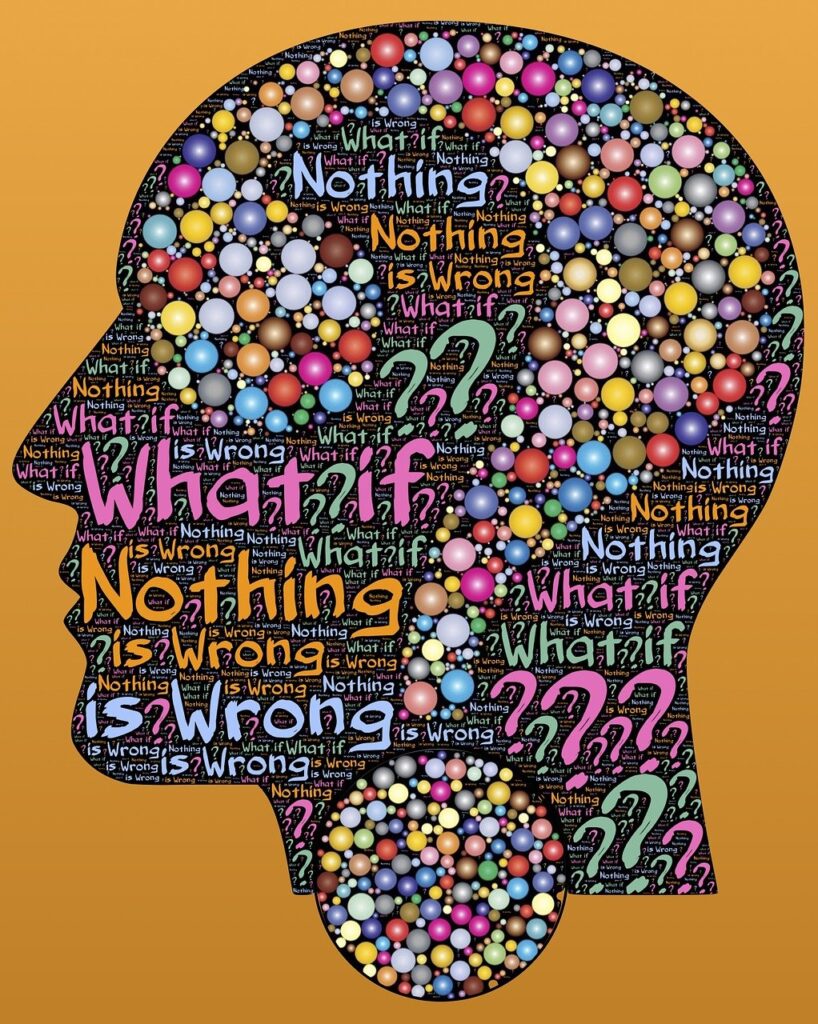
Anxiety and depression are complex mental health conditions that affect millions of people around the world. While seeking professional help is crucial for managing these conditions, there are several natural approaches that can complement therapy and promote overall well-being. In this blog post, we will explore ten effective and natural ways to help alleviate anxious feelings.
- Regular Exercise
Physical activity is not only beneficial for our physical health but also has a positive impact on mental well-being. Engaging in regular exercise, such as walking, jogging, yoga, or dancing, releases endorphins – the “feel-good” hormones that can lift mood, reduce stress, and improve self-esteem. Aim for at least 30 minutes of moderate exercise most days of the week.
- Mindfulness and Meditation
Practicing mindfulness and meditation can be incredibly beneficial for those struggling with anxiety and depression. Techniques like deep breathing, body scans, and guided meditations help calm the mind, reduce overthinking, and foster a sense of inner peace.
- Adequate Sleep
Quality sleep is essential for mental health. Establish a consistent sleep routine, avoid caffeine and screens before bedtime, and create a soothing sleep environment to improve the quantity and quality of your rest.
- Balanced Nutrition
A well-balanced diet rich in whole foods, fruits, vegetables, and healthy fats can have a profound impact on mental health. Foods high in omega-3 fatty acids, such as fatty fish and flaxseeds, have been linked to improved mood regulation.
- Herbal Remedies
Herbal supplements like chamomile, lavender, and valerian root have calming properties and can support relaxation and reduce anxiety symptoms. However, it’s crucial to consult with a healthcare professional before incorporating herbal remedies into your routine, especially if you are taking other medications.
- Social Support
Building a strong support network of friends, family, or support groups can significantly impact mental health. Social connections reduce feelings of isolation and provide a sense of belonging, making it easier to cope with anxiety and depression.
- Creative Expression
Engaging in creative activities, such as art, writing, or music, can be therapeutic and provide an outlet for emotions. The process of creative expression allows individuals to release pent-up feelings and gain a sense of accomplishment.
- Time in Nature
Spending time outdoors and connecting with nature has proven benefits for mental well-being. Nature walks, gardening, or simply enjoying fresh air can reduce stress and elevate mood.
- Limiting Screen Time
Excessive screen time, especially on social media, can contribute to anxiety and feelings of inadequacy. Set boundaries on screen usage and prioritize face-to-face interactions for a more balanced life.
- CBD Use
CBD (cannabidiol) is a natural compound derived from the hemp plant and is gaining popularity for its potential benefits in managing anxiety and depression. Unlike its cousin, THC (tetrahydrocannabinol), CBD does not induce a “high” and is non-psychoactive.
CBD interacts with the body’s endocannabinoid system, which plays a role in regulating various physiological processes, including mood, stress response, and emotional stability. By modulating these receptors, CBD may help alleviate anxiety and depression symptoms.
Research on CBD’s effects on anxiety and depression is ongoing, but early studies and anecdotal evidence suggest promising results. Some studies have shown that CBD may reduce anxiety in both animal and human models, while others indicate its potential as an antidepressant and anti-stress agent.
CBD is available in various forms, such as oils, gummies, capsules, and topical creams. When using CBD for anxiety and depression, it’s crucial to start with a low dosage and increase slowly until you reach your sweet spot. You may want to consult with a healthcare professional to determine the right product and dosage for your specific needs.
Anxiety and depression can be overwhelming, but incorporating natural approaches into your daily routine can significantly improve your mental well-being. Regular exercise, mindfulness practices, proper nutrition, and building a support network are essential steps to manage these conditions effectively. Additionally, CBD use can be a valuable complementary tool in reducing anxiety and depression symptoms.
As with any natural remedy, individual experiences may vary, and it’s essential to consult with a healthcare professional before starting any new supplement. By combining these natural strategies, you can pave the way for a more balanced and fulfilling life, where anxiety and depression take a backseat to your overall well-being.
